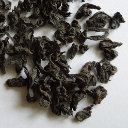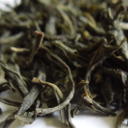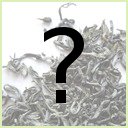Special Frost Nilgiri
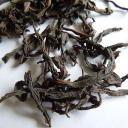 |
|
Ratings & Reviews
Page 1 of 1 page with 1 review
 67 Aroma: 6/10 Flavor: 4/5 Value: 4/5
67 Aroma: 6/10 Flavor: 4/5 Value: 4/5Alex Zorach (1453 reviews) on Jul. 7th, 2014
Purchased from The Tea Lab in Lakewood, Ohio, for the reasonable price of $5 an ounce.
This is one of those rare teas that I was super enthusiastic to try. Oolongs were historically not produced in India, and it's even rarer to find one produced anywhere outside of Darjeeling. This is the first Indian-grown oolong that I've tried from outside the Darjeeling district.
The dry leaf looks a lot like a Wuyi rock oolong, and it has a very, fruity aroma, suggestive of sweetness. The dry leaf almost smells like fruity candy to me.
Upon brewing, the tea changes quite a lot. The leaf is slow to infuse, and it takes up a lot of space, so I recommend using quite a lot.
The fruitiness is less evident in the brewed cup: it is still there, but it is balanced by other qualities, like a suggestion of dust or clean stone, a lot like some rather old aged Pu-erh.
Flavor is surprisingly brisk, more like black tea than most oolong, with a crisp bitterness. Finish is astringent and leaves a peppery sensation on the palate.
If brewed more mildly, the flavor profile is more like an oolong but the aroma is not strong enough to be interesting to me. I enjoyed this more when brewed more strongly.
Easily brews a second cup, but doesn't last through multiple infusions as well as most oolongs.
Good, drinkable, enjoyable, but disappointing overall, not only in quality, but in novelty. Besides the fruity aroma of the dry leaf (which I couldn't figure out how to draw out in the cup, no matter how I brewed it), this tasted more like a slightly odd Nilgiri black tea than like any oolong.
Page 1 of 1 page with 1 review
More Teas from from The Tea Lab
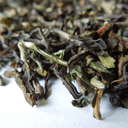
Darjeeling Makaibari
| Style: | Darjeeling Black Tea |
| Region: | Darjeeling, India |
| Caffeine: | Caffeinated |
| Leaf: | Loose |
2 Ratings


